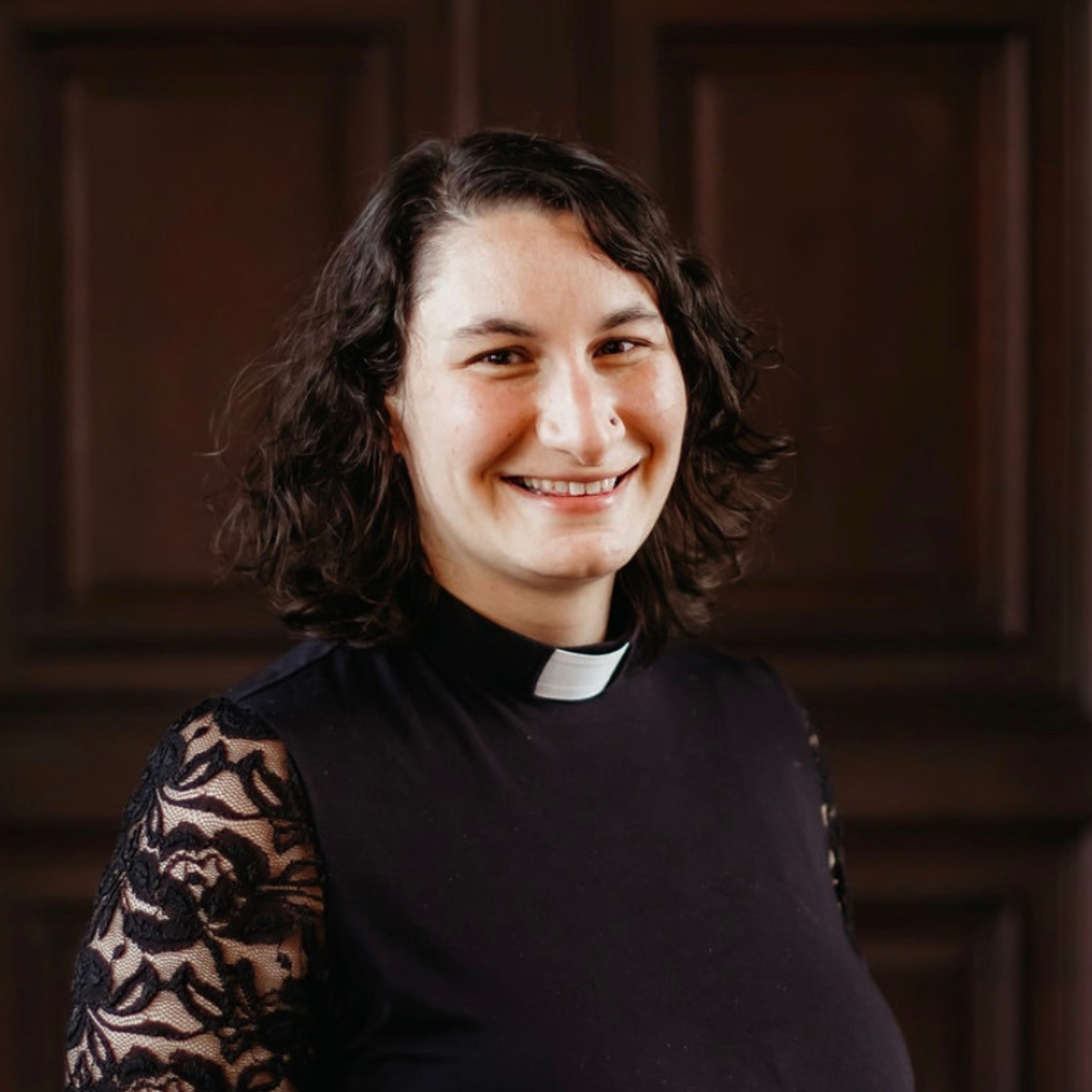It’s no secret that the weeks before Christmas (and Christmas itself!) have been co-opted by consumer culture. We only have to make note of the traffic around shopping centers, online shopping deals, and the holiday advertisements all around us to know that, for most folks in North America, preparing for Christmas means shopping—and lots of it. For consumer culture, material gifts have become the most obvious symbol of the “Christmas season.”
The church season of Advent can easily get lost in the annual consumerism frenzy. The season of Advent is one of waiting, hoping, expecting, preparing and praying for Jesus’ coming:
- in the past, for Jesus’ coming within the Christ child,
- In the present right now, as God breaks into our everyday lives, and
- In the future, with Jesus’ second coming.
As a season of waiting and hoping, Advent lends itself to contemplation and expectation; a quieter looking forward to Jesus’ presence. The experience of Advent feels very different than the typical consumerist chaos of rushing around, buying presents and other things to make Christmas as picture-perfect as possible.
Buying gifts on Black Friday or Small-Business Saturday isn’t necessarily bad in itself; the tradition of giving presents at Christmas comes from the Wise Men bringing gifts to Jesus. But when observing these consumer-culture “holy days” overshadows the opportunity to experience God in Advent, we may find ourselves worshiping at the altar of consumer culture rather than the altar of Jesus Christ.
A time of preparation
Both Advent and the consumerist rush before Christmas offer a time of preparation; in Advent, there is a slow preparation of oneself for receiving Jesus. In consumerism, there is a rushed preparation for a specific type of celebration. It’s no wonder that many prefer the consumer-culture version—”rushing to celebrate” sounds much more fun than “doing introspective spiritual work.”
The problem is that in our rushing to celebrate, we lose sight of what’s most important. The gifts and perfect Christmas meal become the centerpieces of Christmas, rather than experiencing Jesus with our loved ones. We often get to Christmas spent and exhausted, rather than prepared, ready, and energized to celebrate Jesus in our midst.
Alternatives to a consumer-driven Advent
As preachers of the Word, it can be tricky to invite people into an Advent preparation mindset when everything around us screams consumerism. It’s counter-cultural to encourage contemplation and spiritual introspection in the onslaught of sales and ads and images of perfect Christmas celebrations. Buying into a consumerism Christmas (pun intended) is the norm in our society.
Having some alternatives for folks can help. Here are examples that you can point people to:
- Advent Conspiracy Movement: This movement was started in 2006 by three pastors, in the hopes of helping people to focus more on Jesus and less on buying stuff during Advent. The four tenets are: Worship Fully, Spend Less, Give More, and Love All.
- Buy Nothing Day: Started in 1992 by Canadian artist Ted Dave, this is a day of protest on Black Friday when participants pledge to buy nothing for 24 hours to raise awareness of the negative environmental, social, and political consequences of overconsumption.
- Shift the focus to what’s most important: Reminding people to put their focus on God and spending time with loved ones, rather than focusing on buying and receiving gifts and creating a “perfect” Christmas. Redirecting our focus to what’s most important helps us to live more intentionally the rest of the year—being more aware of our spending and consumption, noticing how God is inviting us to use our time, energy, spiritual gifts, and resources, and when it is an appropriate time for giving presents, gifting experiences, charitable giving, and consumables whenever possible.
Advent gives us an opportunity to come to Christmas as spiritually prepared humans, ready to receive God’s presence through Jesus. Giving and receiving gifts can be part of the experience, but it is not the main event. The coming of Jesus—as an infant, presently in our world, and in the second coming—can be the focal point of our Advent preparation and Christmas celebration.

